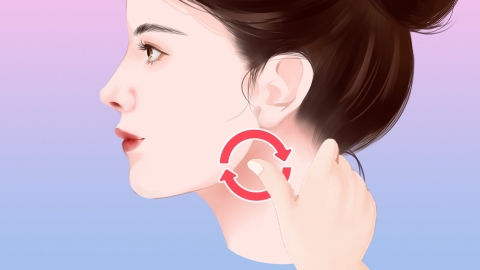How is hyperthyroidism diagnosed?
Diagnosis of hyperthyroidism generally includes clinical symptom evaluation, thyroid hormone level testing, thyroid-stimulating hormone (TSH) testing, thyroid autoantibody testing, and thyroid imaging studies. If abnormalities are detected, timely medical consultation is recommended. Detailed analysis is as follows:

1. Clinical symptom evaluation: A physician will assess for the presence of typical symptoms such as heat intolerance, excessive sweating, palpitations, weight loss, hand tremors, and irritability. These manifestations serve as preliminary indicators and help narrow down the diagnostic direction.
2. Thyroid hormone level testing: Blood tests are used to measure serum total thyroxine (T4), free thyroxine (FT4), total triiodothyronine (T3), and free triiodothyronine (FT3) levels. In cases of hyperthyroidism, these indicators are typically elevated, reflecting excessive thyroid hormone secretion.
3. Thyroid-stimulating hormone (TSH) testing: TSH is secreted by the pituitary gland. In hyperthyroidism, elevated thyroid hormone levels cause feedback inhibition of TSH production, resulting in reduced TSH levels. TSH is an important indicator in the diagnosis of hyperthyroidism and complements thyroid hormone level assessments.
4. Thyroid autoantibody testing: This includes testing for thyroid peroxidase antibodies (TPOAb), thyroglobulin antibodies (TgAb), and thyroid-stimulating hormone receptor antibodies (TRAb). A positive TRAb result is commonly seen in Graves' disease (toxic diffuse goiter) and can help identify the underlying cause of hyperthyroidism.
5. Thyroid imaging studies: Ultrasound can assess thyroid size, shape, and blood flow. In hyperthyroidism, the thyroid gland is often diffusely enlarged with increased blood flow. Radionuclide scanning can evaluate thyroid uptake function, which is typically elevated in hyperthyroidism.
Individuals experiencing symptoms suggestive of hyperthyroidism should promptly seek evaluation at a qualified medical facility. It is important to follow the physician's instructions to complete all necessary tests, establish a definitive diagnosis, and initiate timely, standardized treatment. Regular follow-up testing of hormone levels is essential to adjust the treatment plan as needed.







